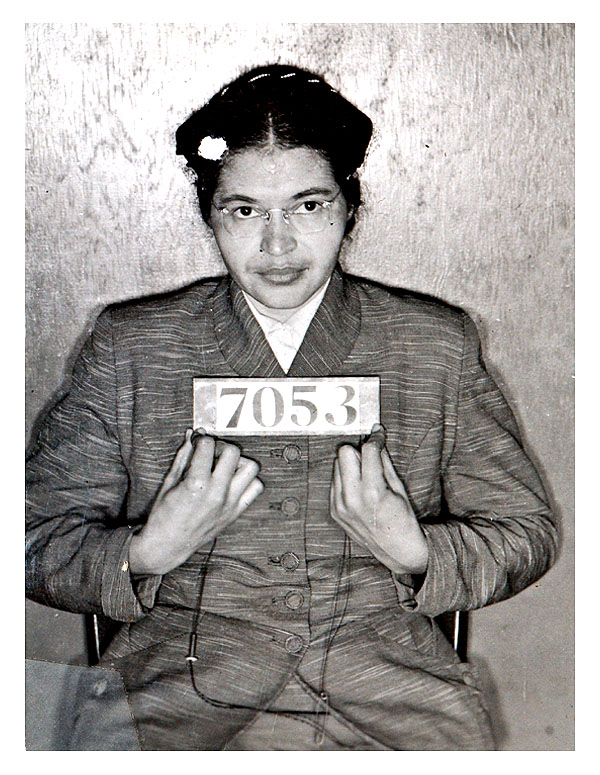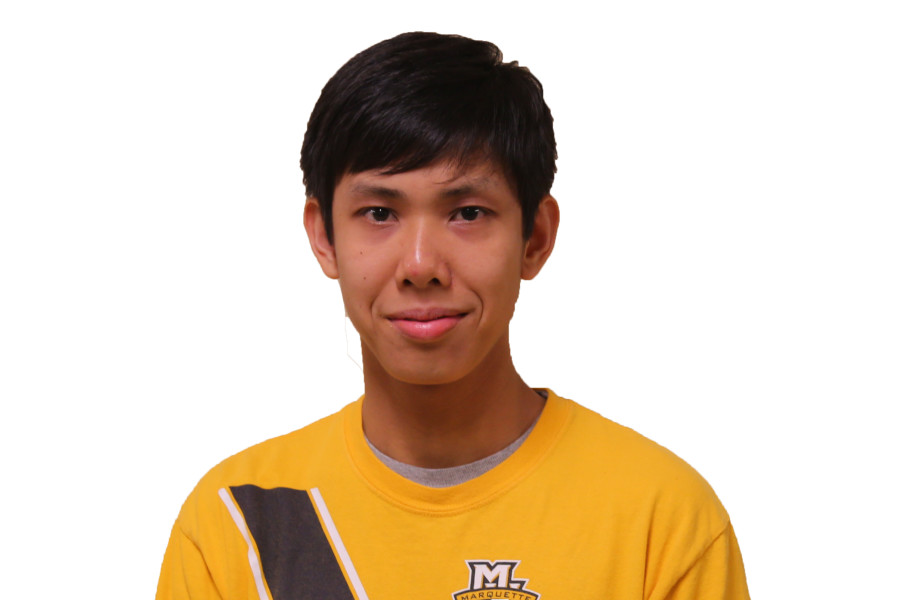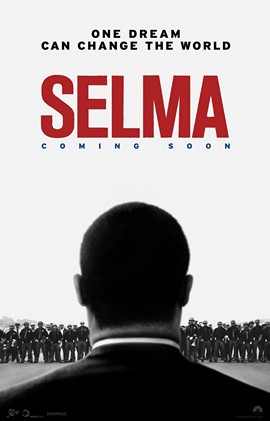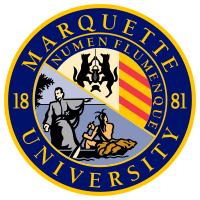 If asked to name three individuals whom you view as “wise,” would you be able to do it?
If asked to name three individuals whom you view as “wise,” would you be able to do it?
This question was posed to students in a Psychology of Happiness class the other day, and it may be a bit more difficult than one would think.
Student answers included figures such as Mahatma Gandhi, St. Ignatius, the pope and Abraham Lincoln. When presented with a published study of undergraduate students’ most frequently referenced “wise” individuals, their thoughts were on other key figures such as Martin Luther King Jr., Nelson Mandela, Mother Teresa and Guatama Buddha.
Add Oprah Winfrey, Ann Landers and Winston Churchill to the list and you have a pretty influential group of people.
Although the activity seemed pretty straightforward, a problem arose when we tried to set criteria for what wisdom truly is.
The names listed above make the concept of wisdom seem so grand that it is daunting. How can the average human being be placed in the same category as Gandhi or Lincoln? When the comparison is made to such extraordinary figures it’s as if achieving wisdom is impossible for ordinary people like you and me.
The University of Chicago is currently assessing what exactly “wisdom” means through its Wisdom Research Network. The series of six projects also looks at how cognitive, social and emotional processes affect wisdom’s mediation. The network features recent news and publications on wisdom science and aims to provide a better understanding of what is included in this seemingly unattainable personality trait.
Research published on the network suggests that wisdom encompasses humility, compassion, ability to see the big picture, ability to put things into perspective and to understand multiple viewpoints. It notes that wisdom entails learning from and rising above all kinds of experiences.
The research also claims that wisdom is different from intelligence in that it doesn’t seek knowledge for the sake of eliminating ambiguity. Instead, the goal is to understand ambiguity in order to grasp a deeper meaning. This search for deeper meaning is what pushes mere knowledge into the realm of wisdom.
The network’s description of wisdom sheds some light on why it is so difficult to pinpoint who exactly reflects such a compilation of attributes.
Another problem may be that although wisdom has historically been seen as valuable, it is not always considered of upmost importance in today’s society.
American culture tends to value some achievements more than others. Obtaining a college education, gaining employment, buying a home and being able to support a family are seen not only as high priorities but often as necessary for success in a capitalist society.
Just as there is a hierarchy of accomplishments, there are also individual traits recognized as most valuable. Independence, intelligence, confidence, personal responsibility, appearance and sociability are coveted, as they often play vital roles in reaching such highly sought-after goals.
We often overlook the achievements and characteristics that are not immediately visible or rewarding. These are the hard-to-define areas, because they can’t be quantified or qualified by a diploma, paycheck or material good.
Although these things – compassion, vocation and wisdom, to name a few – are often pushed aside on the road to success, it could be argued that they’re actually the most valuable of all.
Many of the things we do each day are means to an end. Whether it’s studying to obtain a college degree or working to be promoted, certain things must be prioritized in order to reach an ultimate goal.
Unfortunately, characteristics such as wisdom seem not to be among these priorities.
One does not have to be Mahatma Gandhi to be wise, though. Sometimes wisdom presents itself in the simplest ways – through a man on the street, a grandfather, a professor or a child. Finding wisdom is a journey, and it is these people who aid us on our paths. The perceived immensity of “wisdom” shouldn’t overshadow those who provide us with the experiences necessary to shape our own journeys each day.
If we recognize the value in seeking deeper meaning and not allowing societal pressures to distract us, defining wisdom might not be such a difficult task, and we’ll probably have a much longer list.
—
Brooke Goodman is a senior studying journalism and political science. Email brooke.goodman@marquette.edu with anything you’d like to see her write about.




